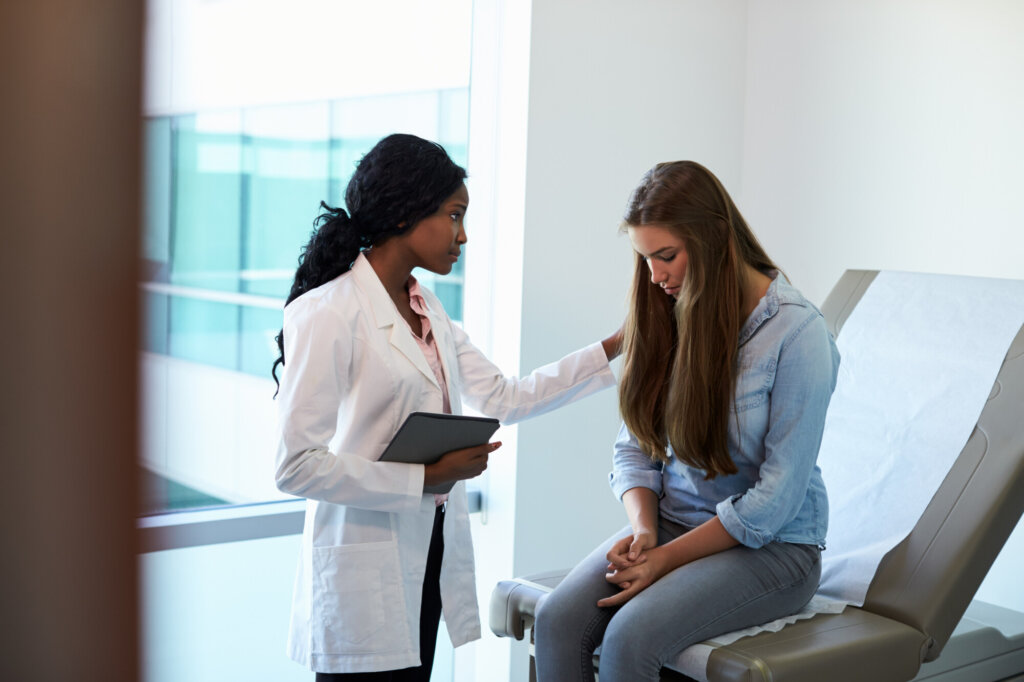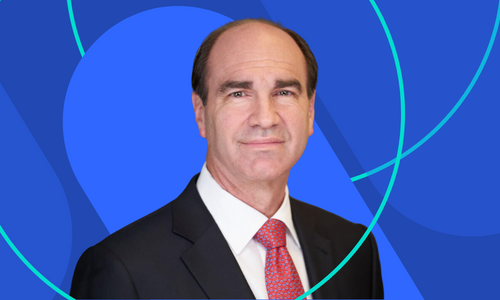Because porn hurts kids
1 Billion
Young people exposed to porn globally
1 in 3
Kids see hardcore porn by age 12
88%
Of porn scenes contain violent images
What you need to know
It’s not a case of whether kids will see porn, but rather when they will see it.
Today’s mainstream billion-dollar porn industry provides free, widespread online access to extreme content. Much of it is degrading, misogynistic, and violent—and specifically targets young people, including children, through a variety of platforms.
Culture Reframed is the premier science-based, global organization of scholars, professionals, and activists addressing the harms of pornography to youth.
Through robust courses and resources, we help ensure kids build resilience and resistance to hypersexualized media and pornography. In turn, they can develop healthy, respectful, and egalitarian views of sex and intimacy throughout their lives.
Howwe help
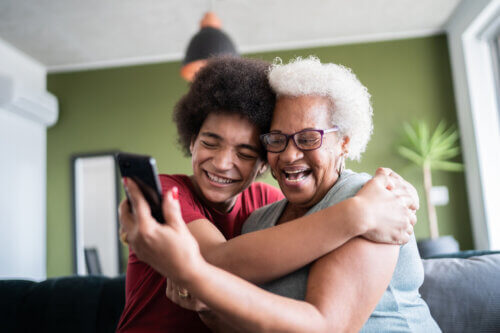
Parents and caregivers
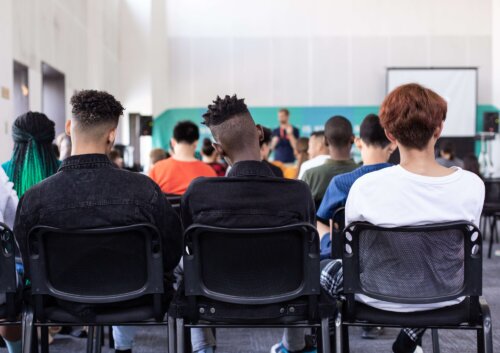
Educators

Professionals

Academic library
Visit the world’s largest compilation of contemporary, scholarly, and multidisciplinary work on the harms of pornography.
What people are saying
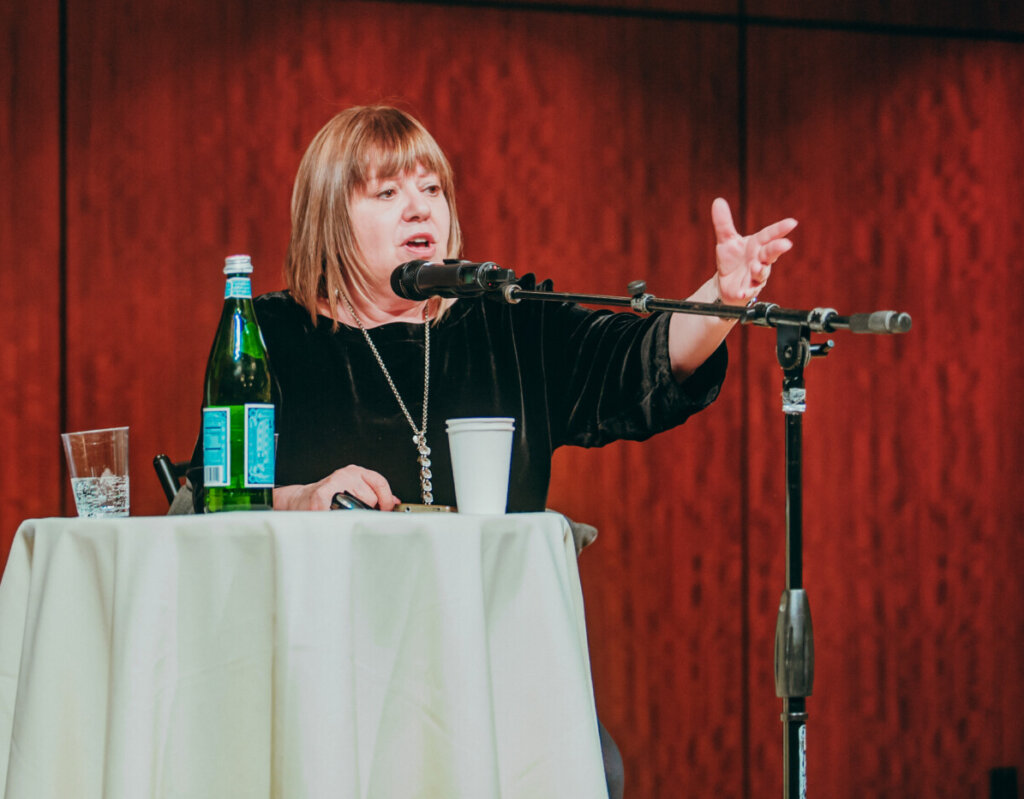
Support our work
Because of donors like you, we can continue to create renowned courses and other resources that help young people build resilience and resistance to hypersexualized media and pornography.

